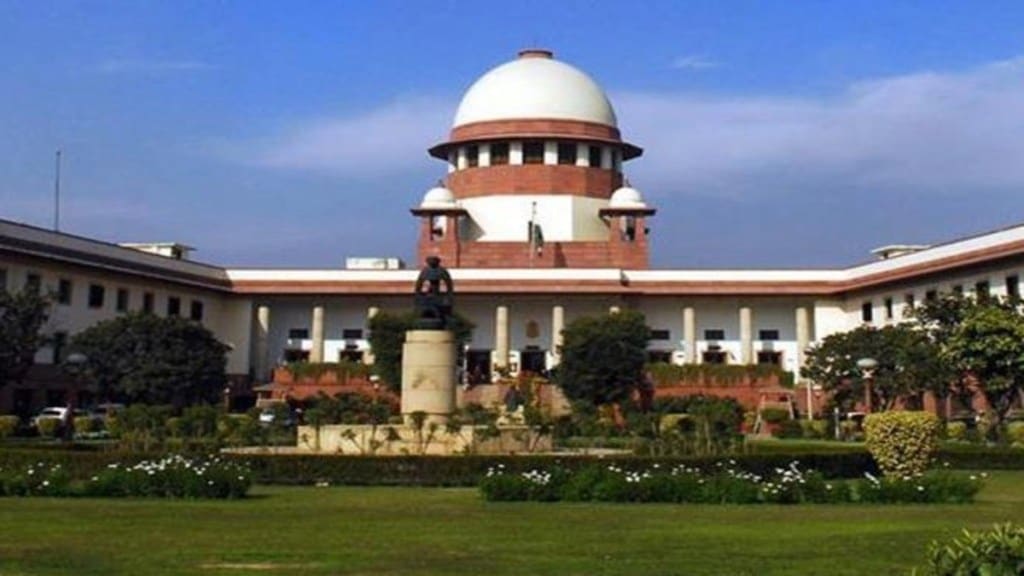Vice President Jagdeep Dhankhar’s outbursts against the Supreme Court (SC) on Thursday are in line with expectations from a man who is prone to speaking outside the remit and decorum of the exalted constitutional positions he has held. In a frontal attack against the country’s apex court, Dhankhar said that Article 142 of the Constitution was “a nuclear missile against democratic forces, available to the judiciary 24×7”. He is certainly entitled to his private opinion, but this was the Vice President speaking about the country’s top constitutional court in a public forum. The subject of his ire was the Supreme Court’s decision last week to impose timelines on the conduct of not just governors but also the presidential office, when it comes to giving assent to a Bill passed by a state legislature.
The verdict came against the backdrop of a number of governors sitting indefinitely on Bills passed by Opposition-ruled states. Tamil Nadu was just one egregious example of that. As the court noted, Tamil Nadu Governor RN Ravi has even “failed in showing due deference and respect to the judgments and directions of this court”. Tamil Nadu moved the SC in 2023 when 12 Bills had piled up before Ravi. When the first stricture came from the court, he referred two of the Bills to the President for her assent and returned 10 obviously to buy more time and escape liability. When the 10 Bills were passed again, Ravi referred them to the President even though Article 200 of the Constitution mandated him to grant assent at this point. One hopes the court’s actions will send out a message to other governors and give relief to state governments.
That brings us back to Dhankhar yet again. While his bid to attribute motives to the apex court’s decision was most unbecoming of the Vice President, there is no doubt that the verdict has raised some troubling questions. The most important is the court’s decision to extend the timeline discipline to the presidential office — holding that the President must decide within three months of receiving a Bill from a governor, and must convey reasons if there is a delay beyond this period. At a future date, could a state government approach the top court against the President? The President is the head of state who is supposed to act only on the “aid and advice” of the Prime Minister and the Council of Ministers. A mandamus to the President would mean that in certain circumstances, the President also acts on the order of the court.
Could the apex court haul Rashtrapati Bhavan in front of it? Obviously not, as the President cannot be made personally liable in court for her actions. There are other issues, too. The verdict was given by a two-judge bench of the SC even though it’s well known that the only authority to interpret such substantial questions of law lies with a bench of five or more judges under Article 145(3). The SC decision to involve the President has opened up a potential legal face-off between two of the most important nodes of our constitutional framework. What happens if the legislature starts fixing time limits within which the Supreme Court must dispose of cases, make laws on how benches are formed, how cases are listed, etc.? It may be a good idea for the SC to examine the unintended consequences of its 415-page ruling.

